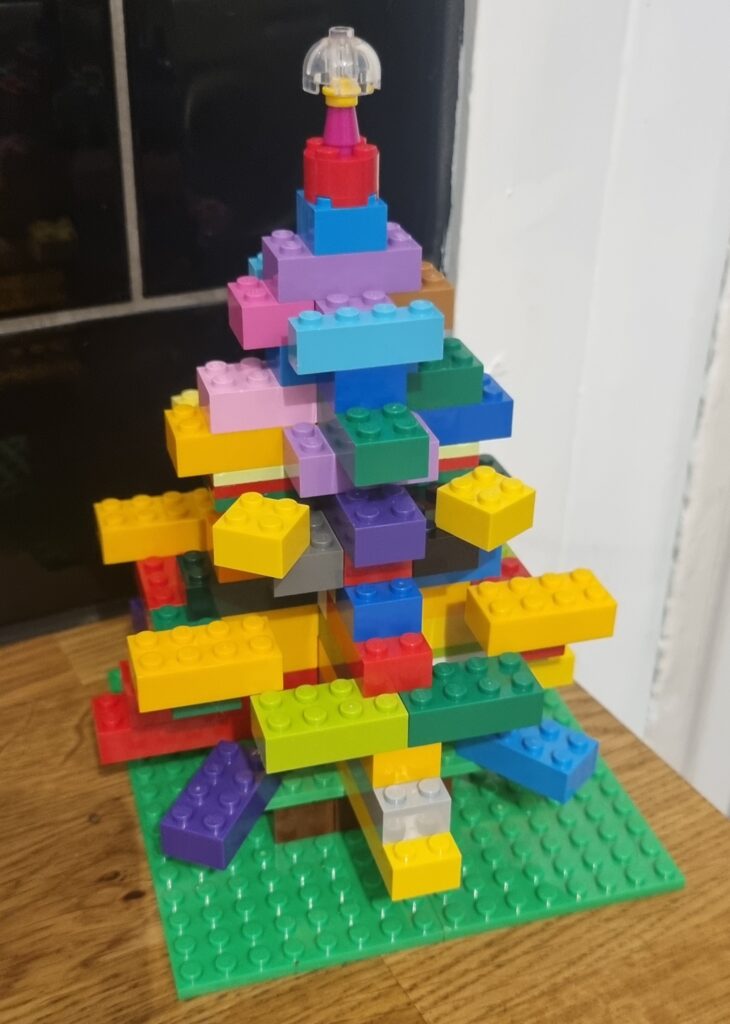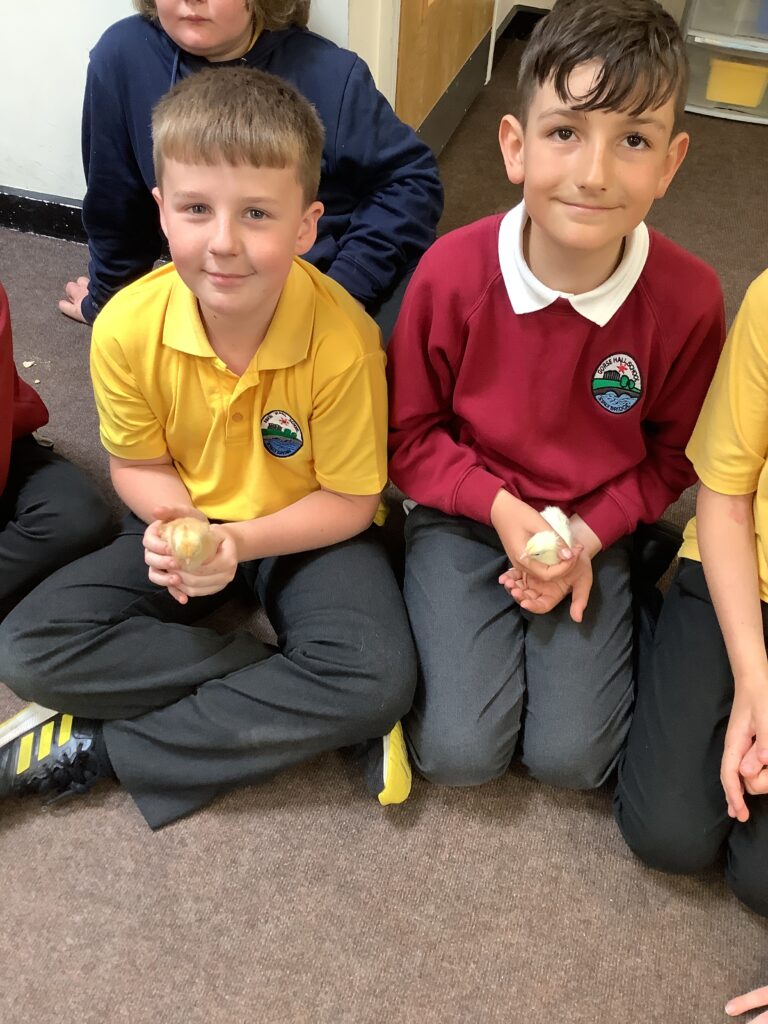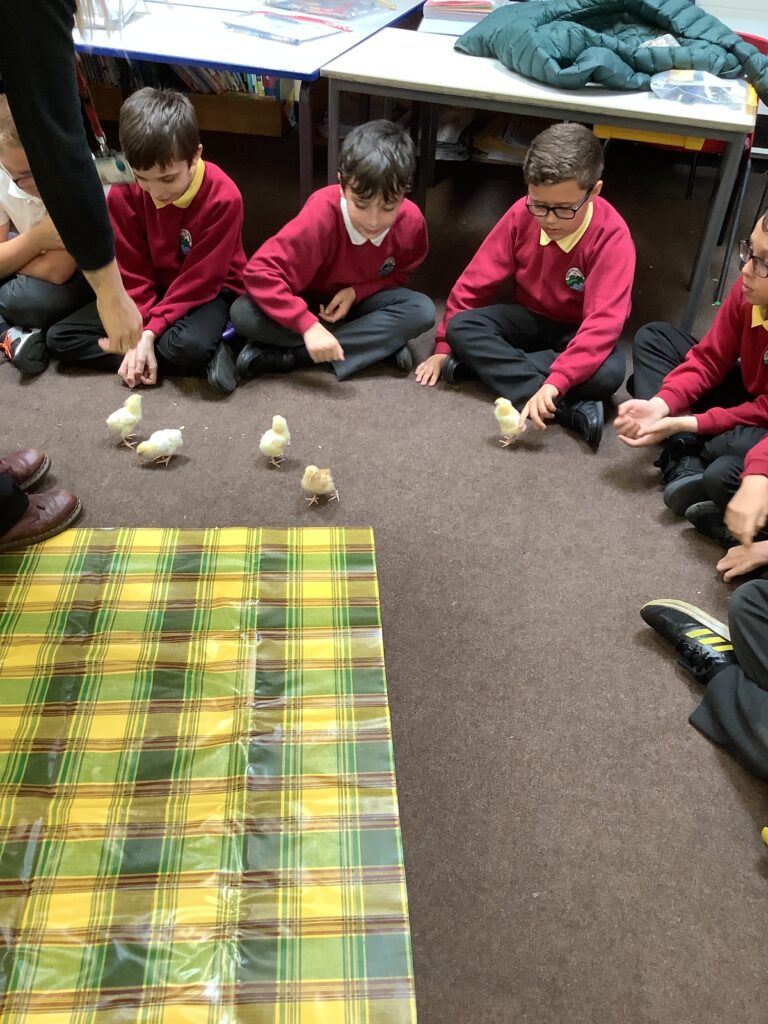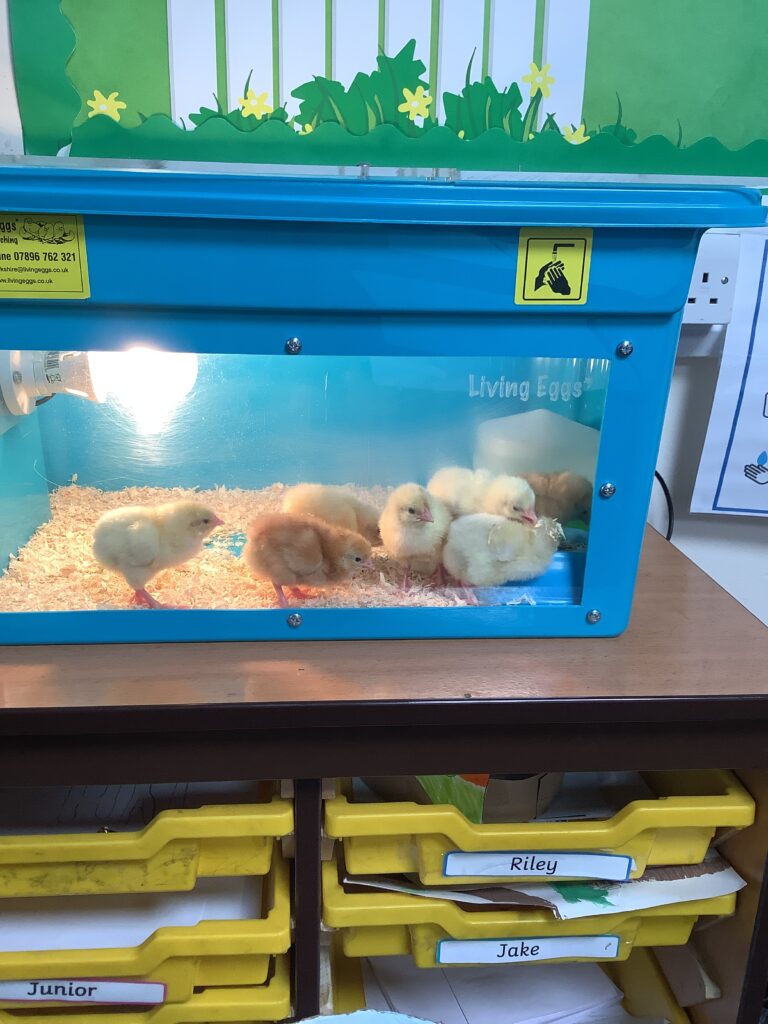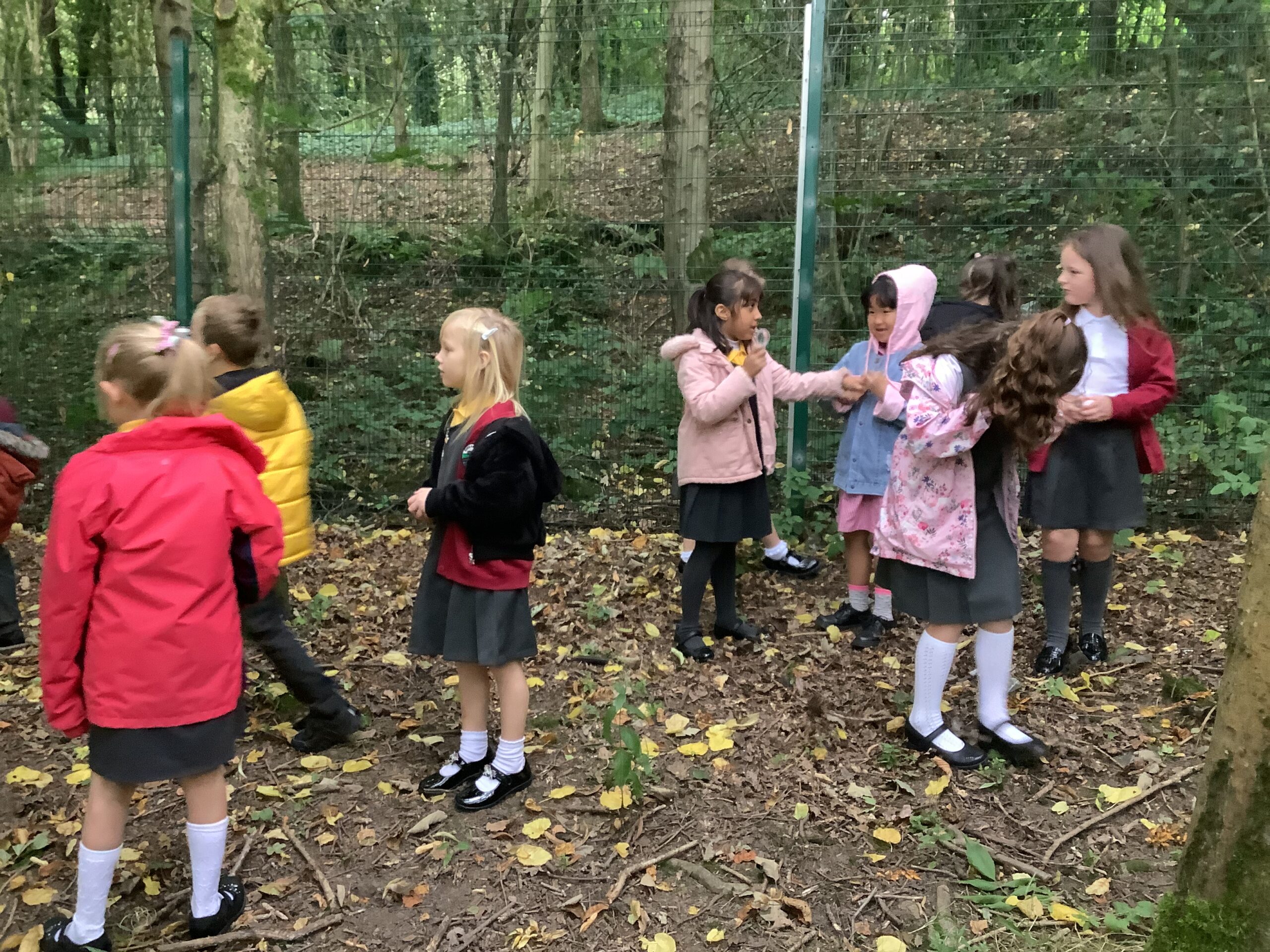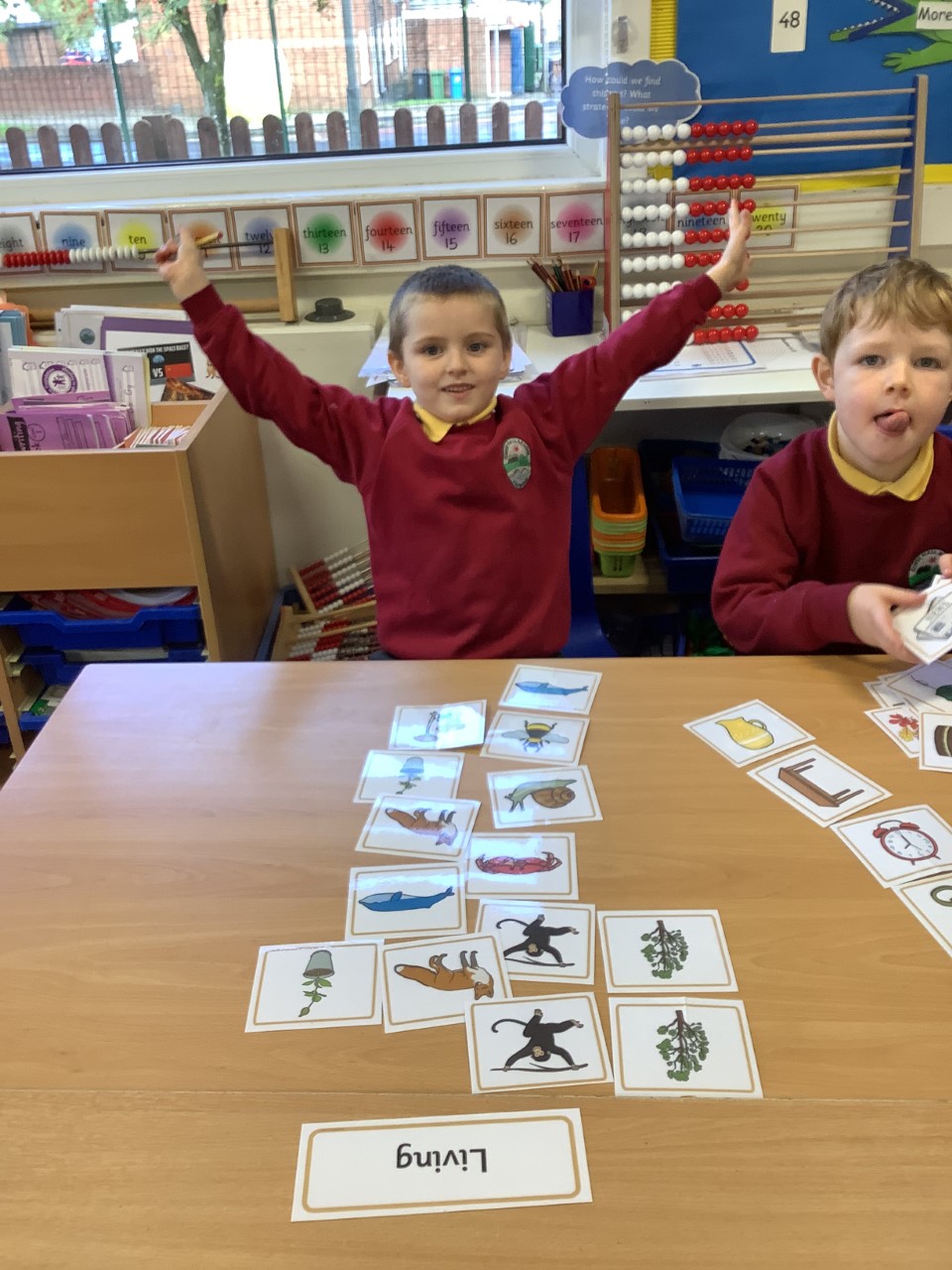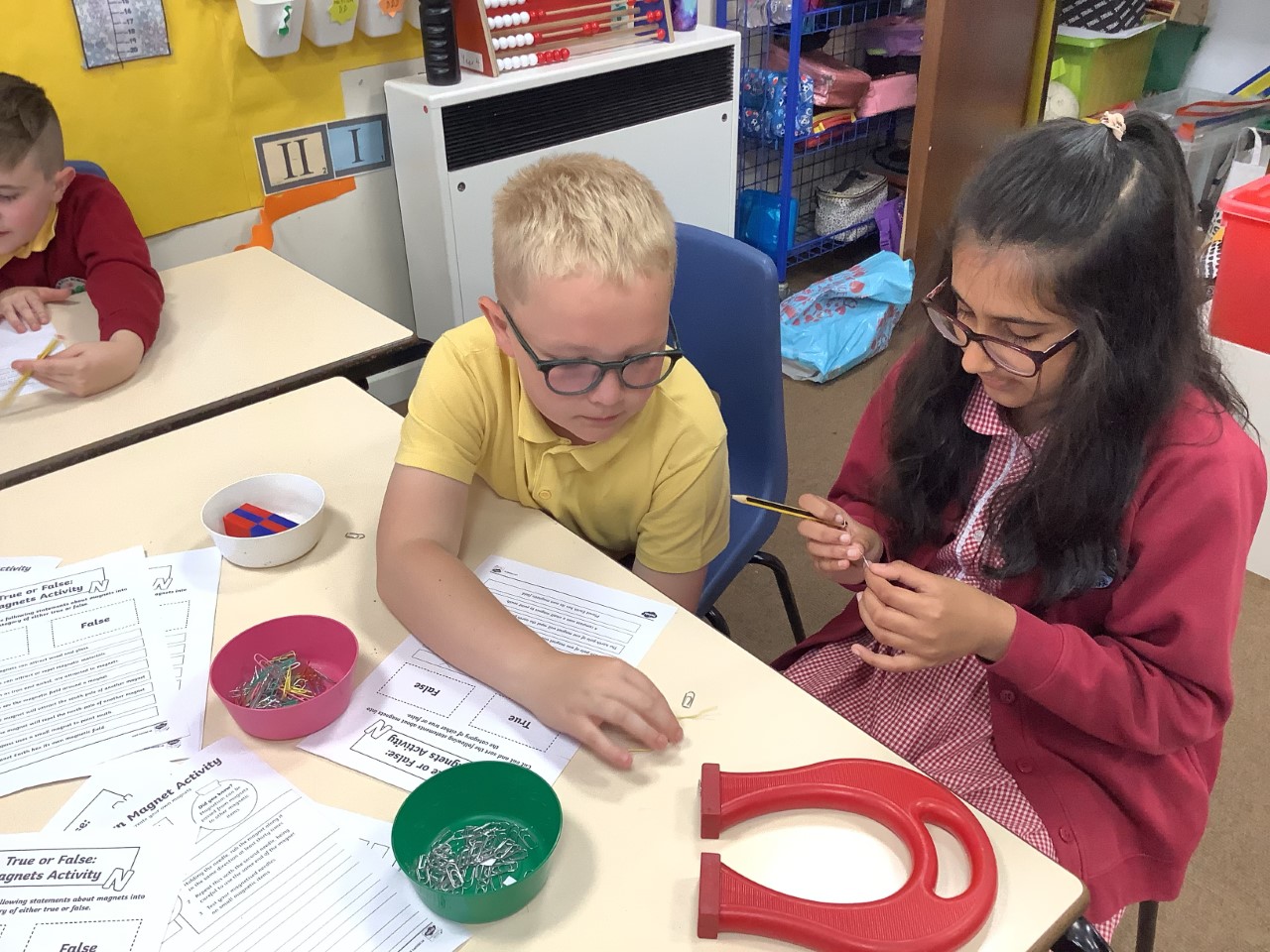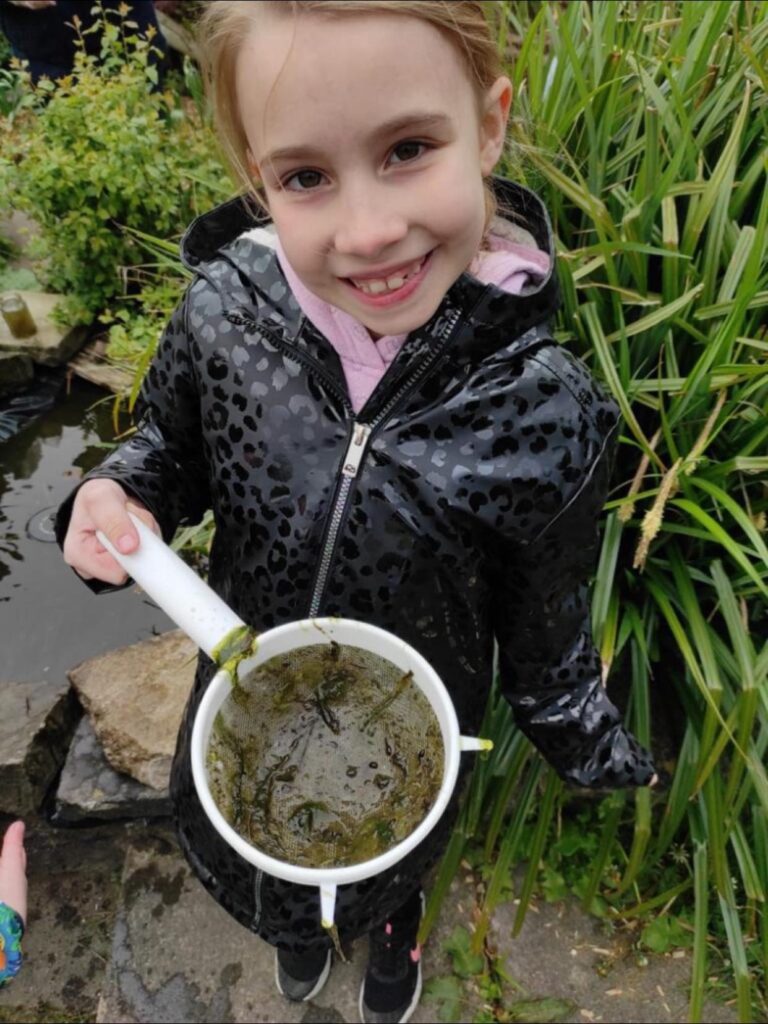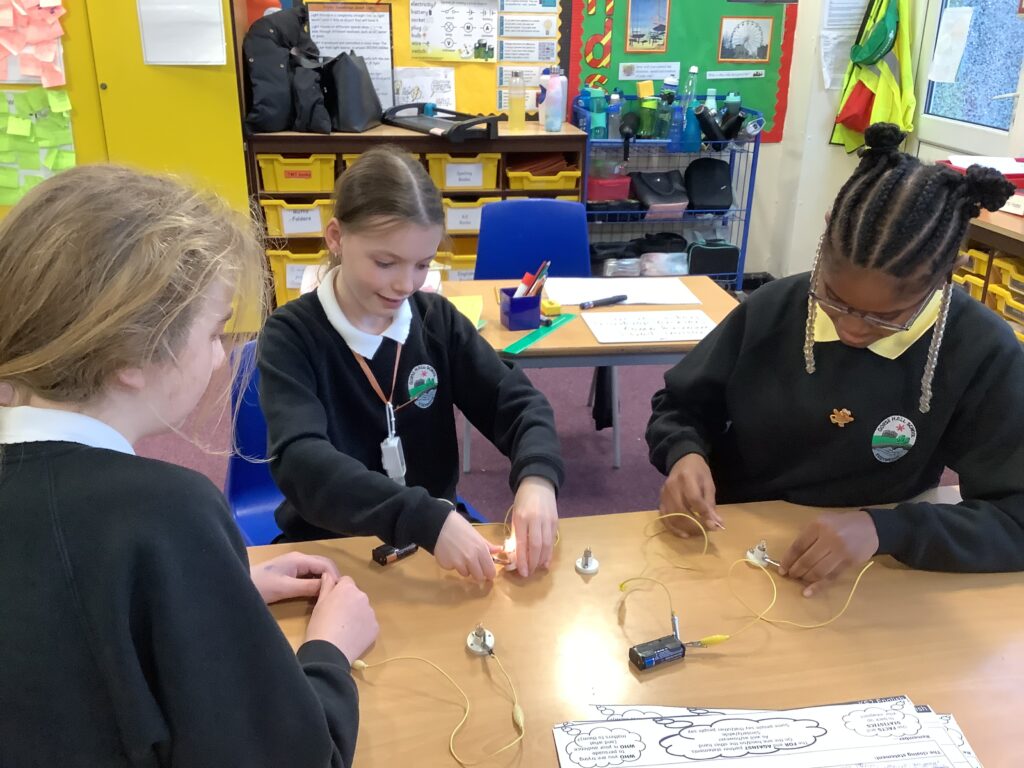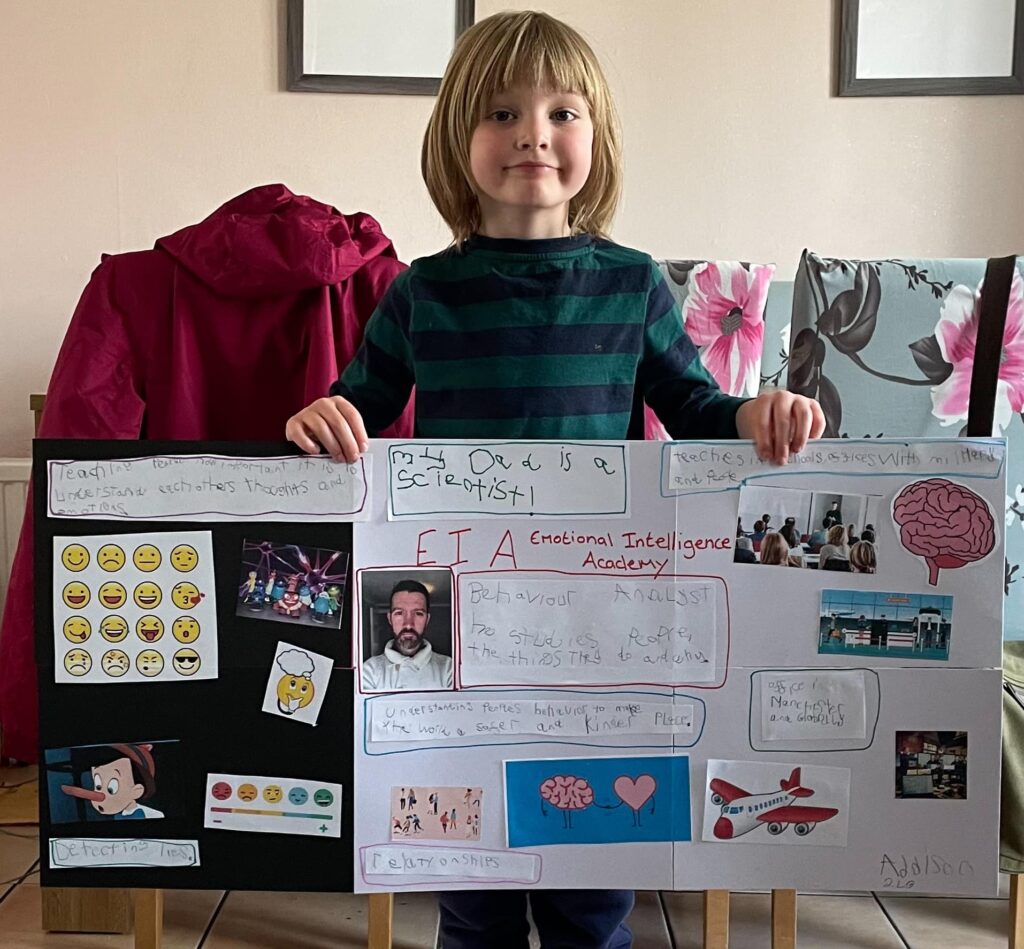Science
At Gorse Hall Primary and Nursery School children develop their scientific knowledge and understanding through the specific disciplines of biology, chemistry and physics. Pupils are taught the essential aspects of the knowledge, methods, processes and uses of science, which enable them to gain an understanding of how science has changed our lives and continues to help us answer scientific questions about the world around us. Children are encouraged to develop curiosity and excitement through a wide range of investigative child-led experiments. The use of diverse teaching methods, high quality resources, exposure to scientific vocabulary and varied learning environments, including their outdoor area, inspires the children to consider the implications of science today and for the future.
Skills and Knowledge
Children develop the following enquiry skills:
- Observing over time
- Comparative and fair testing
- Pattern seeking
- Identifying, classifying and grouping
- Researching using secondary sources
Through specific science units of work, children will also develop a solid understanding of a range of concepts and knowledge in the fields of biology, chemistry, and physics.
Curriculum Implementation
As part of this planning process, teachers need to plan the following
- Sticky knowledge mat outlining the knowledge (including vocabulary) which all children must and apply in lessons
- Science subject-led themes
- Cross curricular links to maths, English and foundation subjects
- The development of age-appropriate scientific skills, which plans for progression and depth through a cycle of lessons across all phases
- A range of formative and summative assessment strategies which include first-hand observations for ‘working scientifically‘ skills, quizzes, concept maps, pre- and post-learning tasks, and peer- and self-evaluation tasks
- Links with the wider community that include science fairs for parents and carers, trips and visiting experts,
- Themed weeks with a clear focus on fun and engaging scientific enquiry activities
- Appropriate curriculum-themed home learning tasks for children to complete at home
- Use of the five types of scientific enquiry to develop the necessary skills for prospective higher learning post-primary
- Thorough coverage of unit objectives for each theme
- Plan the use of a wide range of high-quality resources to inspire interest and enthusiasm
Curriculum Impact
Through the delivery of a high quality, well planned curriculum, children have
- An increased science capital through a solid skills and knowledge base
- A rich vocabulary which will enable them to articulate their understanding
- Improved aspirations for future work and study
- A celebration during science week, which demonstrates progression across the school
- A stake in their learning as evidenced by monitoring through pupil voice, pupil work and planning scrutinies
- Opportunities to demonstrate their learning through a range of assessment procedures
Primary National Curriculum Science
Science Policy
Curriculum Map Science
I CAN Statements
I CAN Statements Reception
I CAN Statements Year 1
I CAN Statements Year 2
I CAN Statements Year 3
I CAN Statements Year 4
I CAN Statements Year 5
I CAN Statements Year 6

